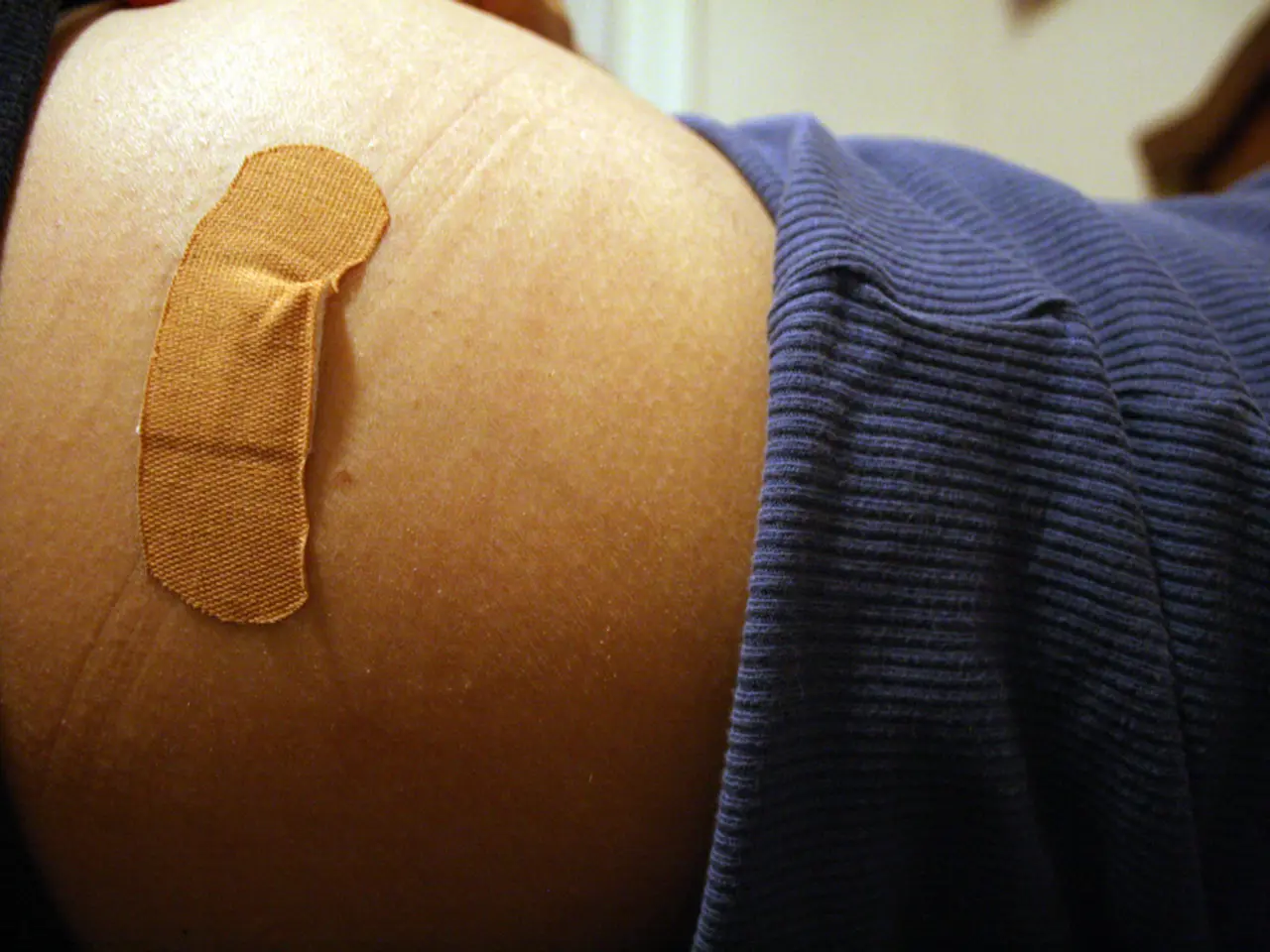Over 5 million American individuals have had their private data compromised in the Yale New Haven Health data breach incident, leading to a surge of legal actions being initiated
In a troubling turn of events, Yale New Haven Health System (YNHHS) has experienced a significant data breach that has affected over 5.5 million patients. The breach, first discovered on March 8th, was promptly contained, and an investigation was initiated with the help of external cybersecurity experts from Mandiant.
The breach, however, did not involve financial account or payment information. Personal data such as name, date of birth, address, telephone number, email address, race or ethnicity, Social Security number, patient type, and/or medical record number may have been exposed.
Kory Daniels, the Chief Information Security Officer (CISO) at Trustwave, has stated that the healthcare industry faces a unique spectrum of risks due to the adoption of artificial intelligence and technology. He warned that complex supply chains, lapses in patches, and credential management all have consequences too serious for anyone in the healthcare industry to ignore.
The study conducted by Trustwave found that 21% of all ransomware attacks worldwide are targeted at public health and government healthcare organizations. Moreover, 56% of public-facing application exploits were against Log4j, and 9% of all attacks came from the threat group RansomHub. Third-party threats within supply chains continue to pose significant risks, according to the study.
In response to the breach, YNHHS is offering complimentary credit monitoring and identity protection services, but only to those whose Social Security number was involved. It is essential to note that patients weren't notified of the breach until late April.
Legal action has already been launched against YNHHS with two identical lawsuits filed in the Connecticut District Court.
To protect personally identifiable information (PII) and protected health information (PHI), especially electronic PHI (ePHI), under the HIPAA Security Rule, healthcare organizations should implement a comprehensive set of physical, administrative, and technical safeguards.
Physical safeguards control physical access to facilities and devices that store or access PHI. Administrative safeguards develop and enforce policies, procedures, and employee training programs that govern how PHI is accessed, used, and shared. Technical safeguards implement access controls to restrict who can view or transmit PHI.
Additional important measures include breach notification procedures, the use of Governance, Risk, and Compliance (GRC) tools, and ensuring the confidentiality, integrity, and availability of sensitive health data mandated by HIPAA. These measures help protect patient privacy and guard against cyberattacks like ransomware, which increasingly target healthcare due to the high value of medical data.
Daniels also stated that the risk is not just incredibly sensitive data privacy, but human life and quality of patient care. As the healthcare industry continues to evolve, so too must its cybersecurity measures to ensure the safety and security of patients' personal data.
In light of the YNHHS data breach, it's crucial for the healthcare industry to strengthen its cybersecurity measures, especially in the face of growing risks related to technology and artificial intelligence. The breach, similar to many others, exposed sensitive data such as Social Security numbers, medical records, and personal contacts, highlighting the need for thorough physical, administrative, and technical safeguards to protect Electronic Protected Health Information (ePHI). As Kory Daniels, the CISO at Trustwave, pointed out, the potential implications go beyond data privacy, affecting human life and the quality of patient care.




